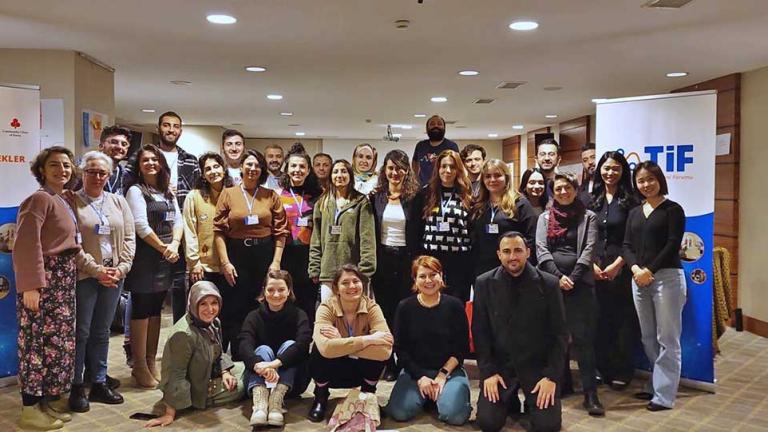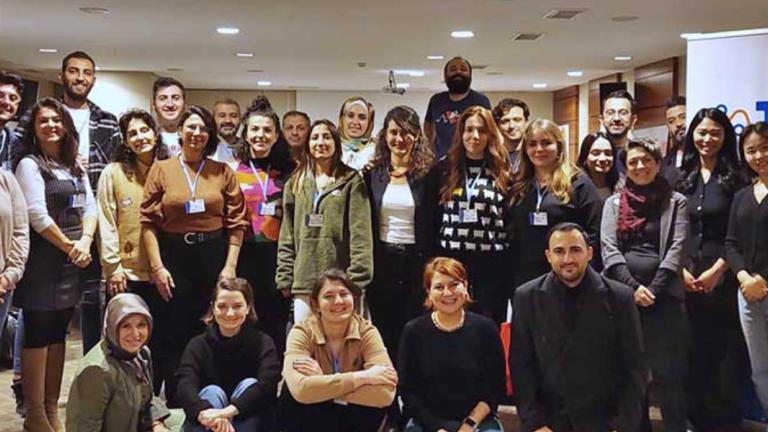
The LHF, whose secretariat is run by the Support to Life Association and the Civil Society Development Center (STGM), brings together local and national civil society organizations working in the field of humanitarian aid. By organizing face-to-face meetings, online events and trainings, the LHF becomes the voice and supporter of these organizations through its provincial representatives.
The members of the LHF consist of national and local civil society organizations working in various areas such as protection, mental health and psychosocial support, shelter, food security, water supply, sanitation and hygiene, health, nutrition and education in the humanitarian response. The members of the LHF, who have knowledge and experience in humanitarian assistance, are active in all disaster provinces and the regions where migration is taking place.
The Localization Advocacy Group (LAG) and the Turkish Refugee Council (TMK) which have been following for the implementation of the concrete objectives and commitments of the "Grand Bargain" Agreement since the 2016 World Humanitarian Summit, advocate that humanitarian efforts should be led by local institutions in Turkey. They are actively working to localize the humanitarian aid agenda in Turkey using a variety of methods such as research, documentation and advocacy. At a time when the focus is on localizing humanitarian aid agenda, LHF strives to effectively manage humanitarian aid at local and national levels, working in unison with international organizations.
Following the earthquake, LHF worked in line with international actors to ensure that local and national civil society organizations, with their diverse expertise, participated in the recovery efforts. The equal relationships and partnerships that the members have established with international organizations support a rapid and participatory reconstruction process. In addition, the relationships established by the members with international organizations are of great importance for access to funding and coordination.



